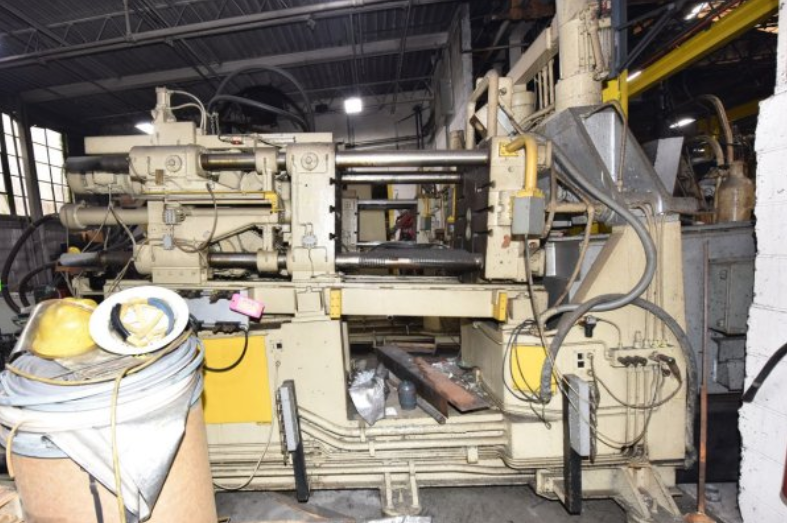Introduction
The manufacturing industry has witnessed significant advancements over the years, with various technologies revolutionizing the way products are made. One such technology that has made a significant impact is machined casting. Machined casting combines the benefits of traditional casting processes with the precision and efficiency of machining, resulting in improved quality, reduced costs, and faster production times. This article explores the advancements in machined casting and their implications for the manufacturing industry.
Traditional Casting Techniques
Before delving into machined casting, it is essential to understand traditional casting techniques. Casting is a manufacturing process that involves pouring liquid material, typically metal or plastic, into a mold, allowing it to solidify and take the desired shape. The most common casting techniques include sand casting, investment casting, and die casting.
Although these traditional casting techniques have served the industry well, they come with certain limitations. For instance, the dimensional accuracy of cast parts may not always meet the required specifications. Additionally, post-processing operations, such as machining, are often necessary to achieve the desired level of precision, which adds time and cost to the production process.
Advancements in Machined Casting
Machined casting, also known as near-net-shape casting, is a modern technique that combines casting and machining in a single operation. It involves using precision casting methods, such as investment casting or die casting, to create complex parts with intricate details. After the casting process, the parts are machined to achieve the final dimensions, eliminating the need for extensive post-processing.
One of the key advancements in machined casting is the use of computer-aided design (CAD) and computer-aided manufacturing (CAM) software. These software tools allow manufacturers to design intricate part geometries and simulate the casting process, ensuring optimal mold design and material flow. With the integration of CAD/CAM software, machined casting has become more precise and efficient, reducing errors and improving overall product quality.
Another significant advancement is the use of advanced materials in machined casting. Traditional casting techniques often limit the choice of materials, but machined casting allows for greater flexibility. Materials such as aluminum, stainless steel, titanium, and even specialized alloys can be used, opening up new possibilities for product design and performance.
Implications for the Manufacturing Industry
The advancements in machined casting have had profound implications for the manufacturing industry. Firstly, the integration of casting and machining into a single process has reduced the production time and cost. By eliminating the need for excessive post-processing and reducing material waste, manufacturers can produce parts more quickly and efficiently.
Secondly, machined casting has improved the quality and precision of manufactured parts. The combination of precision casting methods and machining ensures that the final products meet the required specifications with minimal deviations. This is particularly crucial in industries such as aerospace, automotive, and medical, where precision and reliability are paramount.
Furthermore, machined casting enables the production of complex and intricate parts that would otherwise be challenging or costly to manufacture using traditional methods. This opens up new opportunities for product innovation and design, allowing manufacturers to create more sophisticated and functional products.

Conclusion
In conclusion, advancements in machined casting have revolutionized the manufacturing industry. By combining the benefits of traditional casting techniques with precision machining, manufacturers can produce high-quality parts with improved accuracy and efficiency. The integration of CAD/CAM software and the use of advanced materials further enhance the capabilities of machined casting. As the industry continues to embrace this technology, we can expect further advancements and the emergence of new possibilities in product design and manufacturing processes.
-

- Customized foundry products e-bike components magnesium alloy wheel
-

- High precision magnesium alloy die casting parts for automotive ignition lock
-

- Magnesium alloy Thixomolding power batter housing
-

- Magnesium alloy die-casting parts&components for e-bike
-

- OEM high pressure die casting magnesium alloy frame for bicycle
-

- Magnesium alloy thixomolding die-casting UAV parts C

 0086-750-5616188
0086-750-5616188 +86 13392089688
+86 13392089688 sales@zhongmei-tech.com
sales@zhongmei-tech.com







